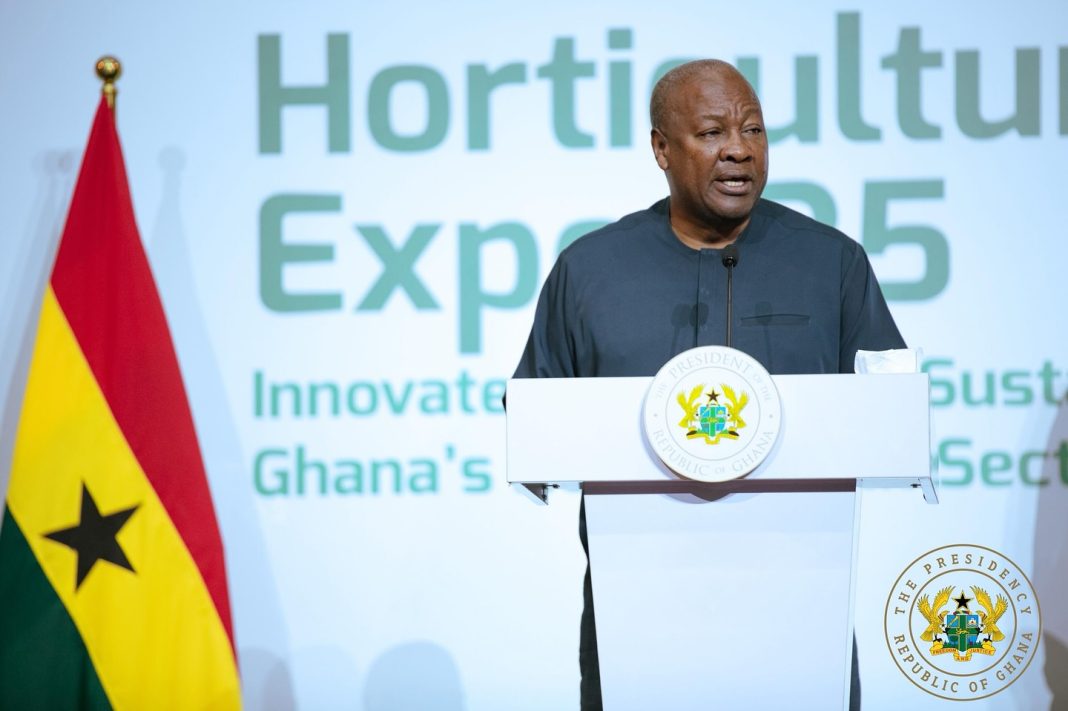President John Dramani Mahama has announced that more than 5,000 young people in the Northern Region will benefit from the National Apprenticeship Programme, aimed at equipping them with employable skills for economic empowerment.
He announced at the Jubilee House on Friday, June 13, during a courtesy call by the Overlord of Dagbon, Yaa Naa Abukari II. The visit was part of efforts to deepen traditional-state collaboration and discuss national development priorities.
President Mahama explained that the programme, which is captured in the 2025 budget, will be rolled out in partnership with vocational training institutions and private sector actors across the country.
“The 2025 budget has provided adequate funding for the take-off of the National Apprenticeship Programme, which is being rolled out in partnership with our vocational institutions and the private sector across the country,” he said.
According to him, the programme is specifically targeted at empowering youth with skills in carpentry, tailoring, welding, shea butter processing, and agribusiness sectors that are vital to local economies and rural livelihoods.
“Over 5,000 youth from the Northern Region are expected to be trained in employable skills such as carpentry, tailoring, welding, shea butter processing, and agribusiness,” Mr. Mahama stated.
He stressed that the initiative aligns with his broader 24-hour economy vision, which seeks to create new job opportunities, extend business hours, and boost productivity across various sectors, including agro-processing, logistics, and community services.
“These efforts align with our broader vision of the 24-hour economy strategy, which will provide new job opportunities and extended business hours across agro-processing, logistics, and community services,” he added.
The president emphasized that the National Apprenticeship Programme will not only reduce unemployment but also contribute to sustainable development by building a skilled workforce rooted in Ghana’s local needs and traditional livelihoods.
